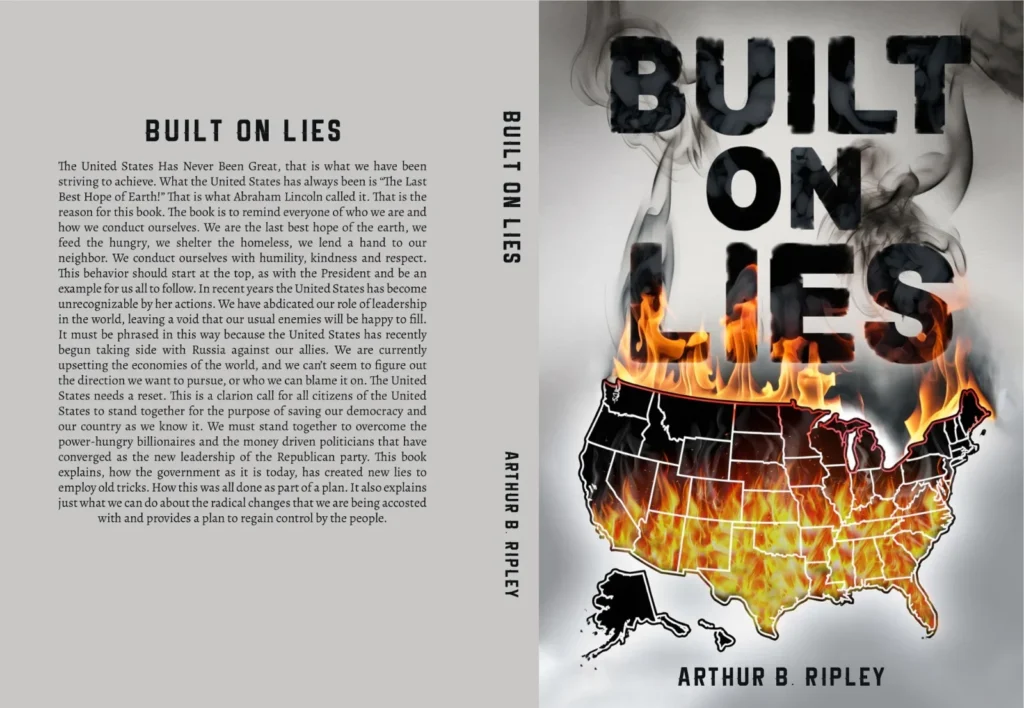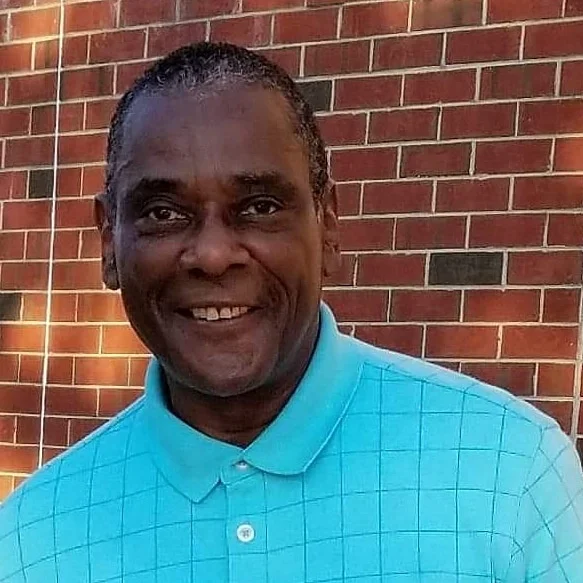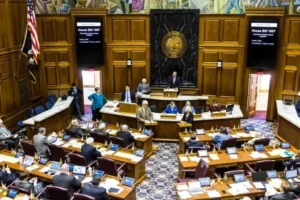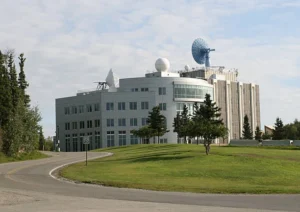Disclaimer: This article provides insights based on the author’s opinions in ‘Built on Lies.’ It is not intended to provide legal, political, or professional advice. Please consult a professional for specific guidance.
Revealing America’s Truths

Arthur Ripley’s Built on Lies is a daring wake-up call, demanding that America acknowledge the painful truths that are part of its history and push toward an evermore democratic future. A child of Harlem, Ripley grew up in South Jamaica, New York, as the only male of five siblings, a reality that made him speak for others who could not. Despite facing adversities, he studied within the Catholic school system. He later graduated from the College of New Rochelle, a journey that deeply reinforced his lifelong commitment to fairness and justice.
Ripley takes quick action against the lies born of ‘American greatness’ in Built on Lies, adamantly stating that while Abraham Lincoln’s name of the United States is “The Last Best Hope of Earth,’’ it is the citizens that must join to claim evidence of their original lies and to censor its new threats.
Exposing The Lies
Ripley begins with the Declaration of Independence and explains how that document’s claim that “all men are created equal” is petty talk. Yes, the words offered hope, but it should not escape the notice of future generations that many of the Founding Fathers enslaved people while crafting these words and building the nation. He explains how the Trans-Atlantic Slave Trade began in the 15th century, when official church decrees granted European powers the authority to enslave African people, framing it as a means of economic, religious, and territorial expansion. The implications of this are not just spiritual lies but tactical lies.
Connecting Past to Present
This book connects past falsehoods to current mass crises. Ripley claims we have lost our way and abandoned our global leadership position. He points to the power-hungry billionaires, driven by money, and politicians, particularly from the right, who exploit Americans for power. Also, from outright voter suppression. While paraphrasing Dr. King, Ripley points to the current censorship of educational materials as likewise tainted by tradition. A society with racist behavior is analogous to having cancer, which Ripley suggests is intentional, and it destroys all of us, Black and White. Ripley connects these previous, well-known lies to brand-new lies, such as the Capitol incident on Jan 6, and how division damages democracy.
Appeal for Unity
Ultimately, Built on Lies is an appeal for unity. Ripley urges that we, as Americans, must unite, not as enemies, but as a collective of fellow citizens who value humility, kindness, and respect. Ripley advises us to hold open forums, tribunals, and similar processes, such as reparations, to recognize past ills so that the healing can begin earnestly for the nation. The book constitutes a plan to help us oppose the corruption of our democracy so that it can endure, particularly in an election season. Ripley’s ultimate message is that citizens have until 2026 to counter the turmoil and protect the Republic from those who would or will misuse it by exploiting divisions.
Ethical Reflection and Responsibility
As Ripley urges Americans to confront the nation’s uncomfortable truths, an important ethical question emerges: What do we owe to the past—and each other—in the present? Reckoning with systemic injustice isn’t just a political act, but a moral one. It challenges citizens to reflect on their role in shaping a more inclusive and truthful society. Confronting historical wrongs, especially those involving race and inequality, is difficult but essential. Real healing, justice, and unity can be achieved through this collective moral responsibility.
Ripley’s Journey
Ripley’s journey provides a compelling backdrop for his message. Growing up in the diverse neighborhoods of New York City, Ripley developed a strong awareness of social dynamics and the everyday struggles of marginalized communities. He gained insight into the experiences of everyday people, poor and rich alike. His Catholic education permitted an understanding of not only the Church but systemic issues through a historical perspective, through an individual’s historical role and footprints through ideas, which are both personal and substantial. Ripley’s voice, based on this upbringing, is authentic.
This article refers to the future of America not from a political perspective but invites the reader to consider the moral challenge of a whole nation aspiring to not only meet our ideals but also live in that place with humility to admit we are always in the process of becoming before we can advance into a new age.
Inspiring Collective Action
Built on Lies appeals to our shared values of truth and justice. Imagine a nation where each of us is equally valued as a human being, where we can recognize past mistreatment and work from a state of unity. Ripley’s reflection on America’s legacy reminds us that the dream of a truly just nation becomes attainable only when we honestly confront our past and understand its lasting impact on our present. In a time of social media, political spin, and conflicting facts, Built on Lies shines through with integrity and honesty. Arthur Ripley tells us what is wrong with America and inspires us by showing the power of collective action.
A Movement for Change
This book will help you understand everything, whether you are a historian or want to understand what is happening to our society. Ripley states, “We hold these truths to be self-evident… What a Great Lie!” However, he believes we can rebuild using truth. Built on Lies is more than a book; it is a movement for a better America where an informed citizenry rises to protect democracy.
Social Media Accounts:











